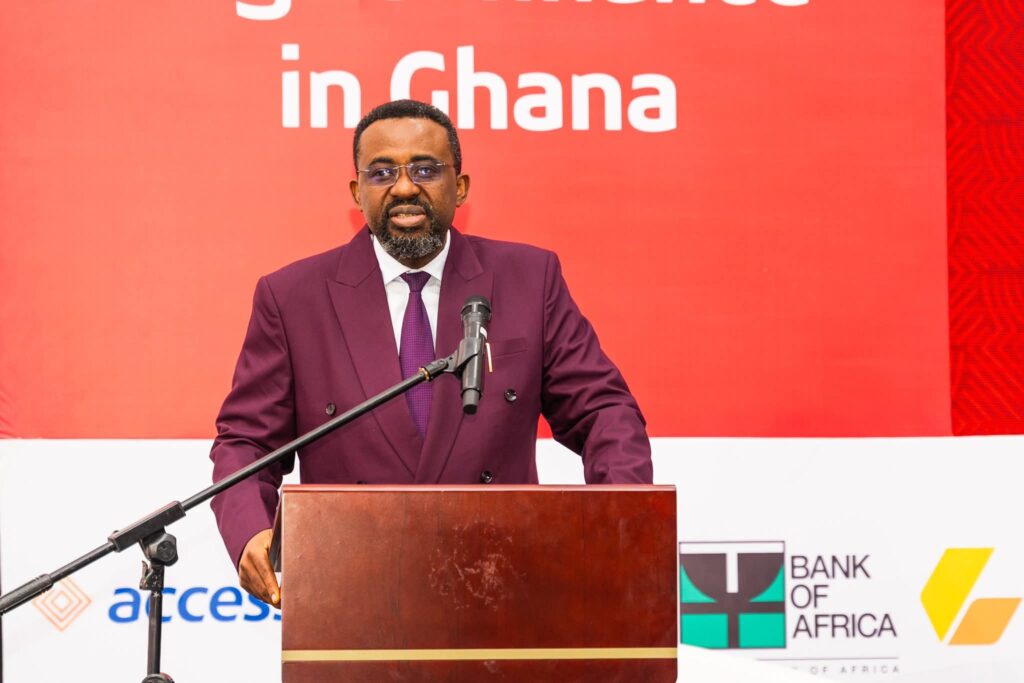Governor of the Bank of Ghana, Dr Johnson Asiama, has assured Ghanaians that the country’s economy is resilient enough to withstand external shocks, including those potentially arising from the ongoing Israel–Iran conflict in the Middle East.
Delivering a keynote address at a national digital finance policy forum, Dr Asiama acknowledged concerns over the geopolitical tensions but emphasised that Ghana’s macroeconomic buffers remain robust.
“Ghana’s macroeconomic buffers are stronger today than they have been in recent years. Our foreign reserve position, inflation trajectory, and fiscal adjustment efforts provide a solid cushion,” he said.
“We are closely monitoring the situation and are prepared to take prudent, preemptive measures to preserve economic stability and protect the gains we’ve made.”
Dr. Asiama also addressed public concerns over the Ghana cedi, reaffirming that the currency’s recent stability reflects disciplined monetary policy, enhanced transparency in the foreign exchange market, and macro-fiscal reforms supported by the IMF.
“We’re not pursuing a fixed exchange rate. What we are doing is enforcing a flexible, fundamentals-driven system supported by real-sector transactions and market-based FX auctions,” he clarified.
The governor noted a structural transformation in Ghana’s digital finance landscape, citing that over 97% of transaction volumes and 72% of value are now processed through mobile money platforms, with traditional bank digital channels accounting for less than 1%.
Additionally, more than 4 million Ghanaians have accessed unsecured mobile loans, reshaping how credit and financial services reach underserved communities.
“The era of fintech and telco dominance in digital finance is here. Banks must reimagine their roles and move from infrastructure access to delivering value and inclusion,” he stated.
Dr. Asiama outlined three core strategies for Ghana’s digital financial future:
- Open Banking Infrastructure: The formation of a Technical Working Group will drive API standardisation and data portability.
- Digital Identity Integration: A roadmap for biometric-based, interoperable identity systems will streamline onboarding and fraud prevention.
- Collaborative Last-Mile Inclusion: Co-created products, agent banking, and regulatory sandboxes will expand financial access in rural areas.
- To sustain momentum, Dr Asiama announced three bold initiatives:
- A National Digital Finance Interoperability Forum by Q4 2025
- Mandatory digital ID integration guidelines for all financial service providers
- An AI and Risk Governance Working Group with banks and fintech stakeholders
“We are not chasing innovation for its own sake. We are building a safe, interoperable, and inclusive ecosystem—with industry as co-architects,” he said.
Dr. Asiama concluded by calling for shared responsibility among regulators, banks, fintechs, and telcos to align innovation with inclusion and accountability.
Click the link Puretvonline.com | WhatsApp Channel to join the whatsapp channel
GOT A STORY?
Contact/WhatsApp: +233243201960 or Email: manuelnkansah33@gmail.com

